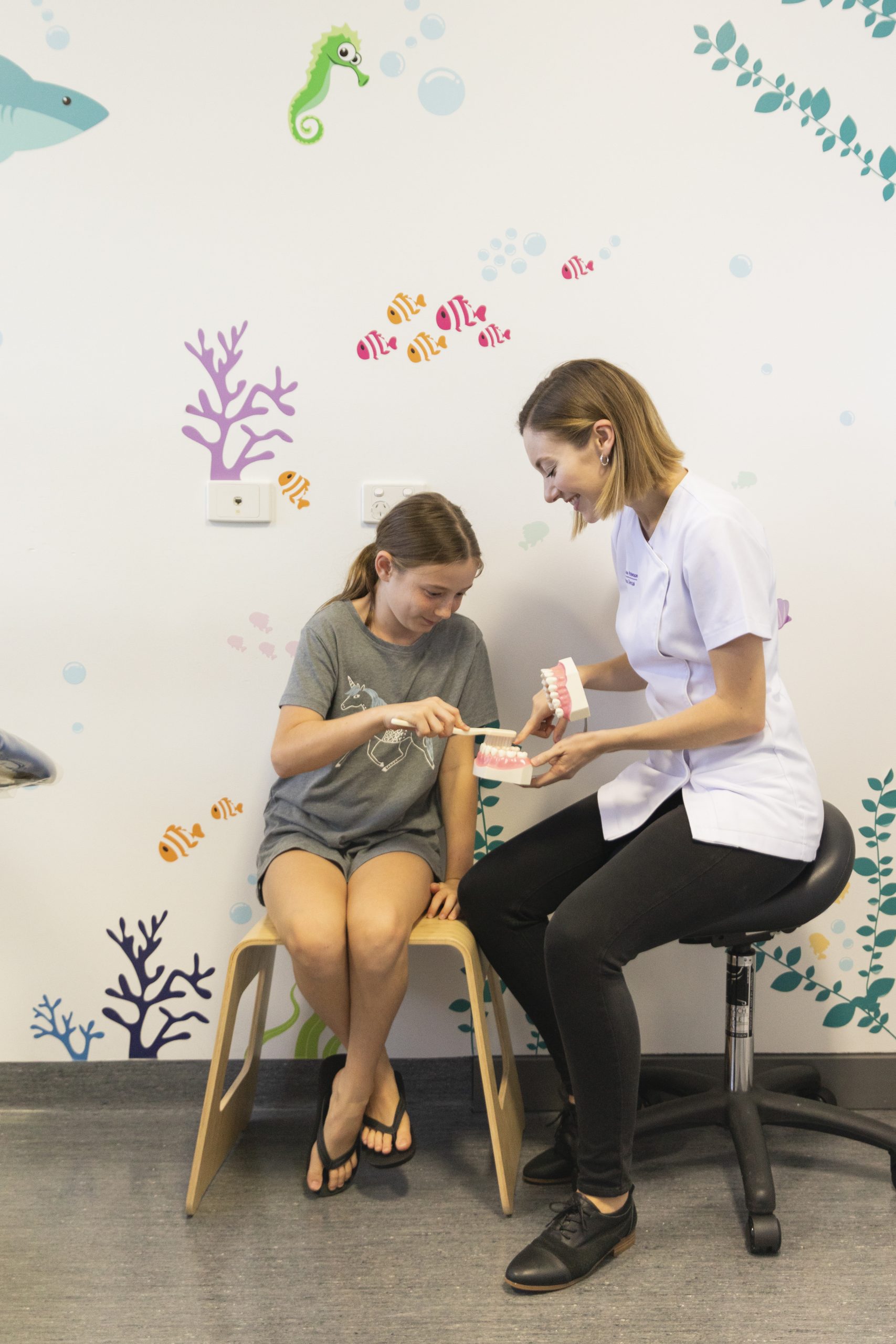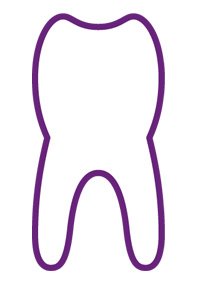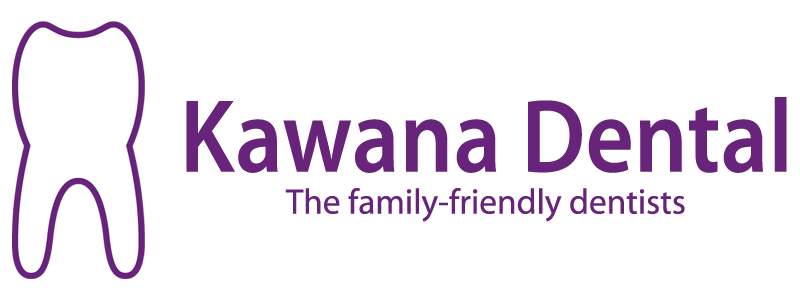08 Apr How do I choose a dentist for my kids?
At birth babies usually, have 20 hidden primary or “baby teeth” (10 in the upper and 10 in the lower jaw) that gradually erupt between the ages of three to twelve months. Between the ages of five and seven years, the primary teeth start to shed and are replaced by permanent teeth. It is essential to care for the primary teeth as they enable children to chew their food properly and preserve gum space for the permanent teeth. What’s more, decayed baby teeth can cause infection and pain and can require complex treatment at an early age to treat.
Why should I worry about baby teeth?
Professional dental care should start at an early age for children to preserve the primary teeth and to prevent damage to the permanent teeth underneath. Prevention is always better than cure so you should ideally schedule at least one visit, but preferably two visits a year to the dentist or oral health therapist. Dentists and oral hygienists can also teach children correct tooth brushing and care techniques from an early age and importantly give parents critical information to avoid problems from starting.
Additionally, the first visit by a child to the dentist or dental hygienist will probably set the tone for their interaction with the dental profession for the rest of their lives.
How do I find the right dentist for my children?
- Get recommendations from your child’s pediatrician, the local pharmacist, family, friends, and nursery school staff.
- Visit the recommended practice or practices and chat with staff and with parents with children in the waiting area. Ask if any of the dentists in the practice have their own young children or have special training or interest in treating children.
- Look around the reception area for signs that the practice is child focused with toys, games, child-size furniture and books available for children.
- Make sure that the dental practice is conveniently located to your home to reduce the stress levels the patient may feel.
- Look for other child-friendly features such as sunglasses to shield eyes from the bright examination lights and toothbrushes with favourite characters and even TV or video screens to distract them during their visit.
- Check that the practice has an after-hours service that can take care of emergency cases.
- Confirm whether this cost of visits to the dentist will be covered by your private health insurance or through Medicare and the CDBS.
How was the first visit?
Once you’ve been for the first visit, take stock of how it went to decide if the dentist is a good match for what you need.
- It is important that the child was at ease throughout the visit and will not resist future visits to the dentist and that overall it was a positive experience for her or him.
- The dentist should have been gentle but thorough during the examination of the child’s mouth and created a good record of the current health status of the child’s teeth.
- The visit should have been educational for both child and parent. The dentist should also have explained tooth development, the causes, effect and prevention of dental disease and what dental care is appropriate at home.
- The child would hopefully have received a small gift like a toothbrush or multicoloured toothpaste to encourage oral hygiene and to create a bond with the dentist.
At Kawana Dental, we are a child friendly practice and aim to create a happy, calm environment for kids and families, both in the reception areas and in the consulting rooms.



